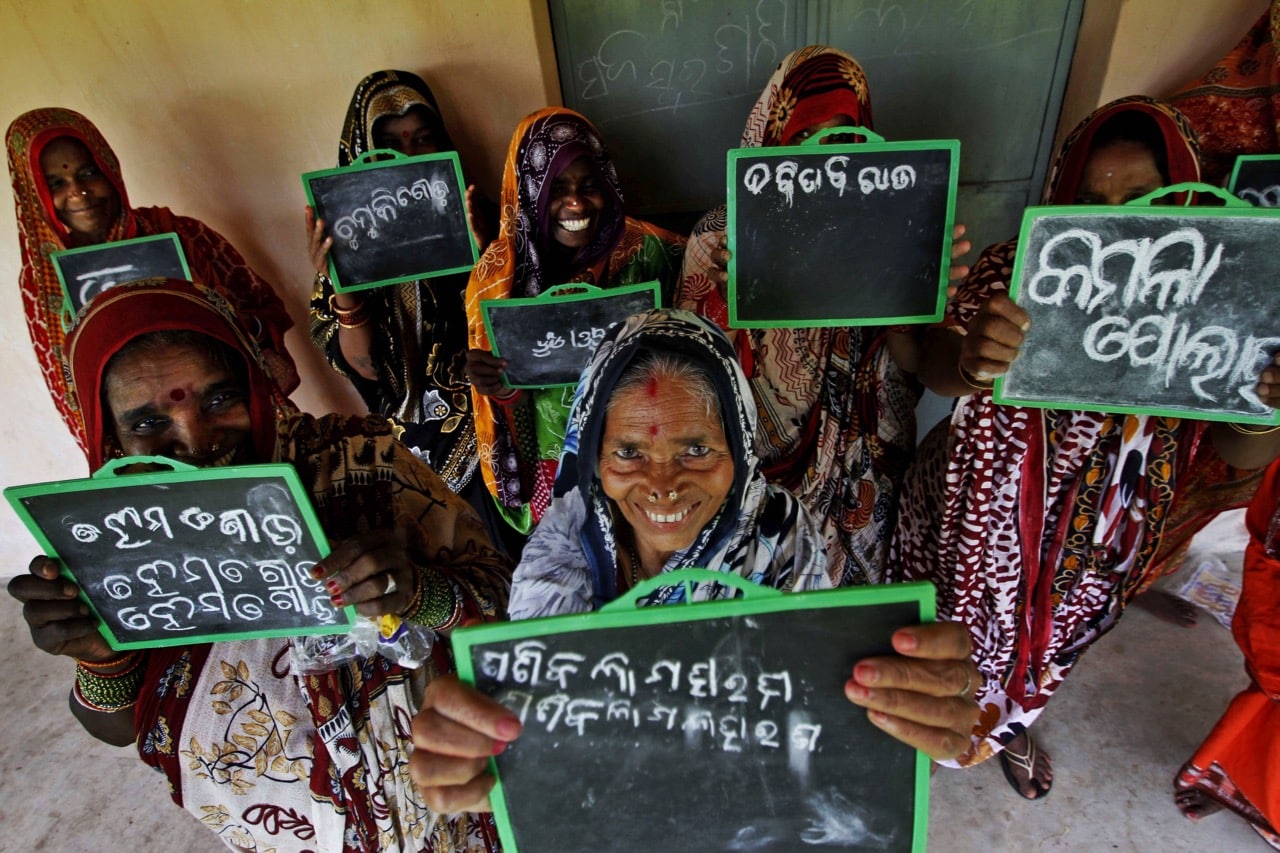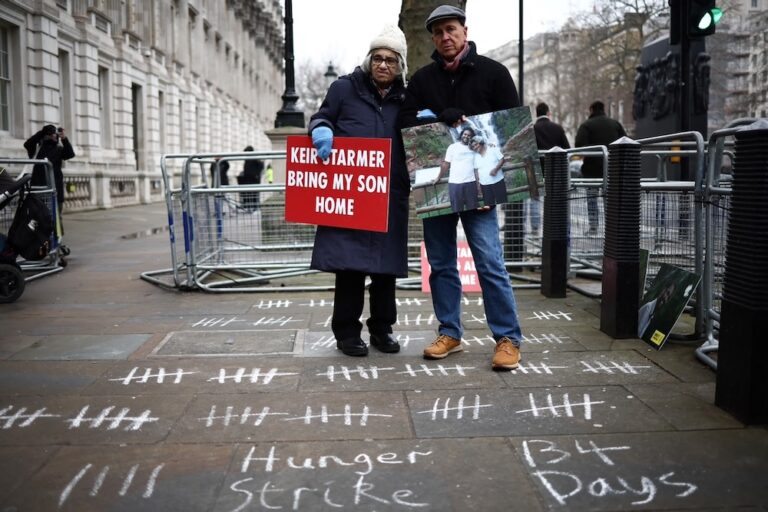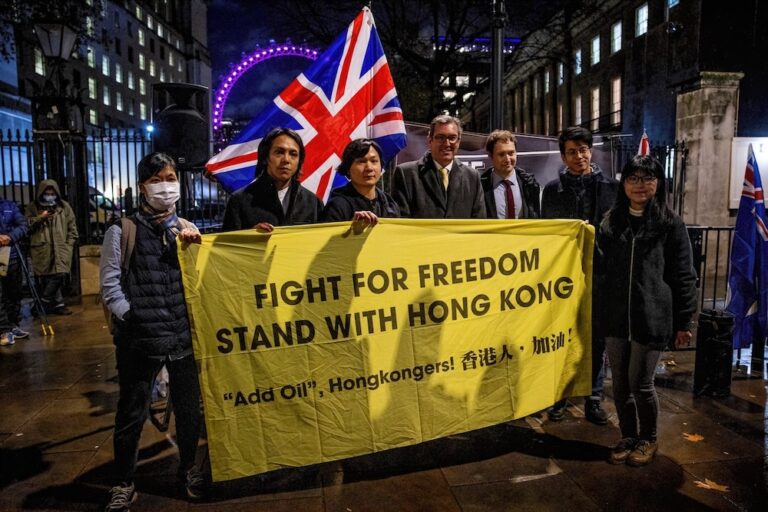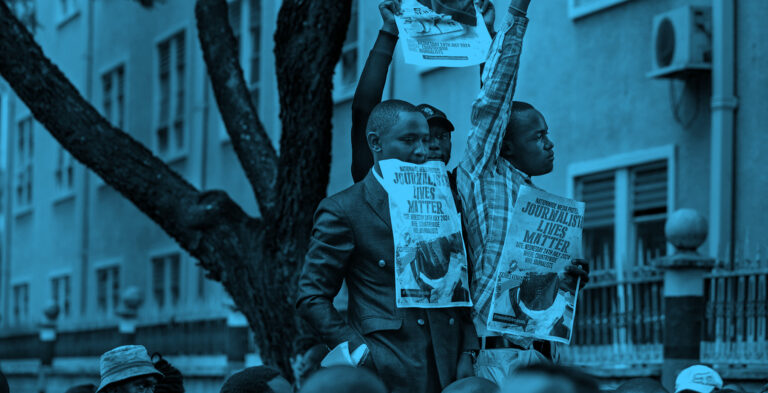Literacy is not just about reading and writing. It is often the catalyst that allows women to have input into social and economic decisions that affect their lives.
This statement was originally published on wan-ifra.org on 31 July 2017.
By Colette Davidson
“Imagine not being able to fill out a form at the hospital, vote in an election, take the right bus, or send a text message to tell a loved one you’re OK because you aren’t able to read,” says Jamie-Lee Kay, the Campaign Manager at the World Literacy Foundation. “That’s the reality for one in five people alive today. Illiteracy affects many aspects in one’s life.”
Just as everyday tasks become difficult – if not impossible – when one cannot read or write, accessing information can be just as challenging for the millions of people currently illiterate around the world. Without access to information, people and communities as a whole can be left behind politically, economically and culturally.
“Poor literacy limits a person’s ability to engage in activities that require either critical thinking or a solid base of literacy and numeracy skills,” says Kay. “Without these basic literacy skills, one cannot access, read or understand the news.”
But a lack of literacy goes beyond understanding the news. It contributes to a lowered employment status, poorer health, higher levels of crime and gender inequality. And women are affected far more often than men. According to the World Literacy Foundation, two-thirds of the world’s illiterate adults are women.
There are a number of reasons why women are more likely to have limited access to news, but the brunt of the problem stems from women’s access to education. The gender inequalities present in many countries mean that women and girls are often excluded from going to school or participating in literacy or other educational programs.
“Many girls arrive to womanhood without completing primary school or acquiring basic literacy skills,” says Kay.
In addition, factors such as unequal economic opportunities, migration patterns and cultural norms contribute to women’s lack of access to information, according to Paula Fray, the founder of media training company FrayIntermedia. When that happens, they are no longer part of the news – as readers or as subject matter.
“In some communities, women are less likely to be considered decision-makers and therefore not regarded as essential news audiences,” says Fray.
The consequences for excluding women from the news can lead to a lack of understanding of current events and societal issues. Women become dependent on their partners or members of the community to access information, meaning they are more vulnerable to receiving false or inaccurate news. Without literacy, women are limited in how much they can be involved in their communities – social and economic decisions are often made without their input or best interests.
“When women are excluded from the news the impact is not just on women but on society as a whole as we exclude their views from decision-making but also from looking at societal issues in a holistic view,” says Fray.
Literacy rates vary based on the size of a community, with rural areas suffering more than busy capitals. In certain areas, a simple lack of stable electricity – and thus, the Internet – can be a huge barrier to accessing information. While the problem exists around the world, the highest rates of illiteracy can be found in Africa. Ethiopia, Chad, Mali, Burkina Faso and Niger have some of the lowest literacy rates, especially for women.
Even if progress is slow, many organisations across Africa are working to tackle illiteracy. Amandla.mobi works with online platforms to strengthen the voices of black women, and the African Women’s Development Fund has made efforts to bolster feminist organisations on the continent in order to support women’s access to information. The World Literacy Foundation recently launched an initiative in Uganda, using a solar-powered educational device called “Sun Books” to teach literacy, numeracy, history and social studies.
While organizations are out fighting literacy, others are working from the other end of the issue, tackling the problem of access to information. Fray’s South Africa-based company, FrayIntermedia, works to improve the quality of journalists and development journalism so that citizens have the means to access information and make informed decisions.
“It is often print and social media that drives the news agenda and is more likely to frame how the news is presented,” says Fray. “Many citizens – particularly rural women – are excluded from these platforms due to access, availability and, of course, literacy levels.”And in 2016 at Unesco’s World Press Freedom Day in Helsinki, the two issues became inextricably linked during a special panel dedicated to the issue of access to information, where literacy became an important sidebar to the conversation. For experts in the field, it’s a topic worth the world’s attention.
“Access to information is empowering,” says Fray, “and allows participants – particularly women – to find ways to participate in decision-making that affects their lives.”
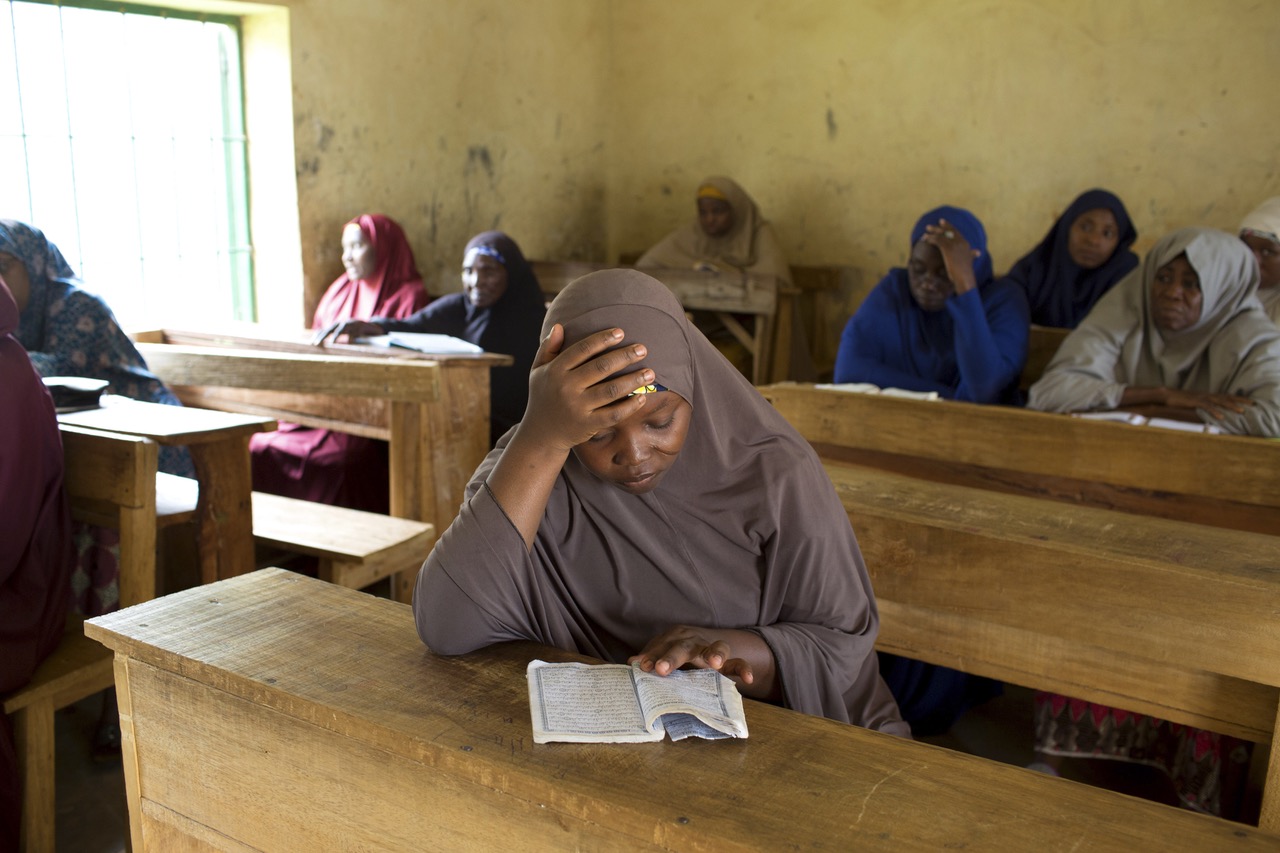
Women study at the Maska Road Islamic School in Kaduna, Nigeria, 16 July 2014 REUTERS/Joe Penney
